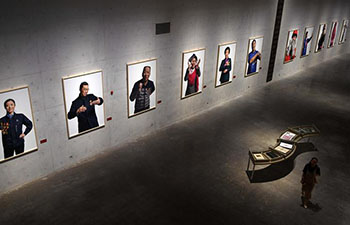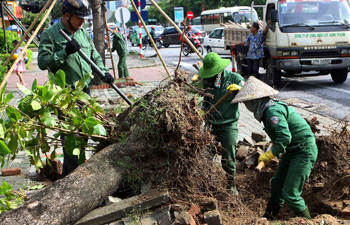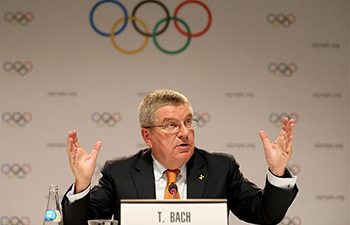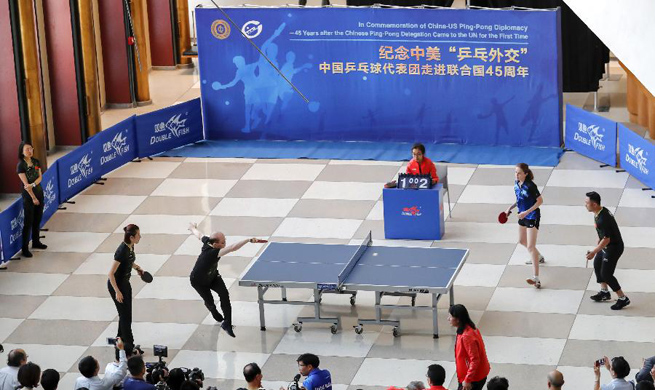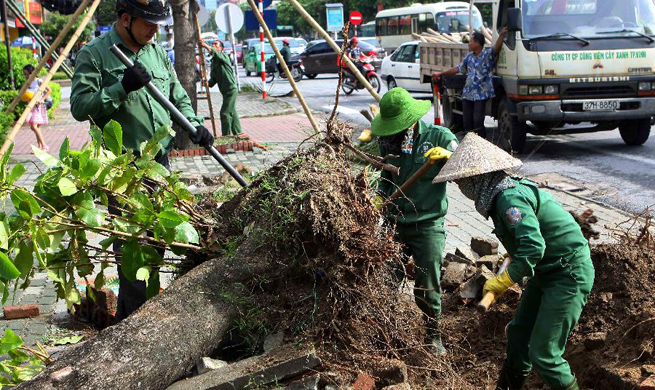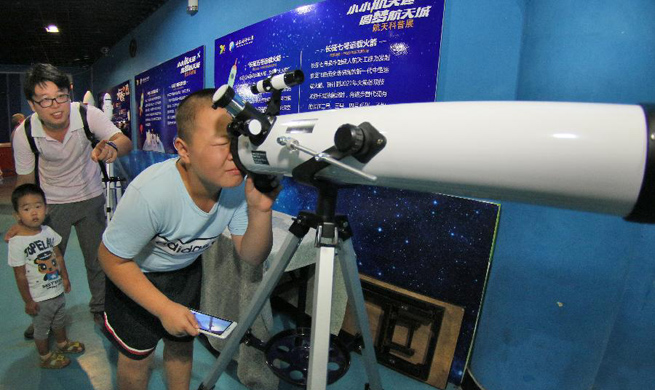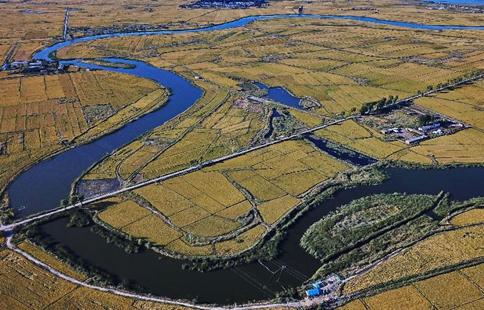by Julius Gale
JUBA, Sept. 16 (Xinhua) -- Regional integration is crucial for economic, political and social development and restoration of lasting peace and stability in the East Africa region, experts have said.
The experts told Xinhua in Juba that efforts spearheaded by the East African regional bloc, the Intergovernmental Authority on Development (IGAD) towards attaining free trade and movement of persons in the member countries would strengthen cooperation, development and prosperity in the region.
Mehari Taddele Maru, an expert in international law and migration said if countries become inter-dependent and integrated too tightly, chances of fighting are very less because the harm will be too big.
Maru, who also serves as Chief Strategist for IGAD, said one way of bringing peace in the IGAD region is through strong integration among bloc's members and through free movement.
"We assume integration will make the region too much close to each other that they can't hurt each other without hurting one side. Through this, long term peace and security, stability and prosperity of the region can be ensured," Maru said at the end of consultative meeting on Friday evening.
Maru urged East African countries to aspire towards integration for a more peaceful region and cooperation among countries, adding that the proposed IGAD protocol on free movement provides options for suspending its provisions during time of emergencies such as war and diseases outbreaks.
James Okuk, a Lecturer of Political Science at the University of Juba, said integration will give countries strength, power and bigger voice in the whole region and also enable them have influence in international affairs because a group has better negotiating powers on certain issues.
Okuk said integration would further help countries to cooperate in countering transnational crimes, and that will in turn lead to regional peace and stability.
"Integration develops what is called the common interest and common benefit. So people will be very careful to preserve and protect those benefits and that's what will keep them together and peaceful," Okuk said.
"It will also make nations prevent transnational crimes in a more coordinated manner that they wouldn't have been doing alone," he added.
Article 7 of the agreement establishing IGAD, demands member States to promote free movement of goods, services, and persons as well as the establishment of residence.
In July, IGAD started consultations on a protocol seeking to enforce free trade and movement of people in all member countries.
The regional bloc has already held national consultation meetings in Uganda and South Sudan respectively, and more consultations are scheduled for the remaining member states.
But the proposal on free movement has received mixed reactions with supporters welcoming it while critics argue that such a move would not be beneficial to underdeveloped countries.
However, Okuk argues that the benefits of integration are far more ahead than the challenges that the IGAD member countries are facing now.
"So integration is something beneficial and it's a modern trend that we can't afford to let it go without ensuring that we are inside," Okuk said.
Lucy Daxbacher, Project Officer for the IGAD protocol on free movement, said free movement does not necessarily mean no control of trade and persons by governments, but it will instead promote development and cooperation among countries in a manner that is safe, beneficial, and orderly and within the limits of law and order.
"Integration is beneficial in terms of trade, it is beneficial in terms of access to institutions of learning in other countries, it is beneficial in times of drought and famine where resources such as land, water and pasture can be shared by other member states," Daxbacher said.




